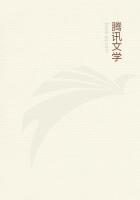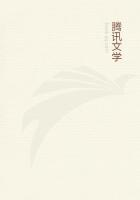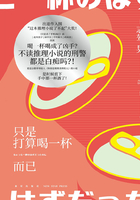The Library which is to be spoken of in these pages, is all unlike the halls which a Spencer or a Huth fills with treasure beyond price. The age of great libraries has gone by, and where a collector of the old school survives, he is usually a man of enormous wealth, who might, if he pleased, be distinguished in parliament, in society, on the turf itself, or in any of the pursuits where unlimited supplies of money are strictly necessary.
The old amateurs, whom La Bruyere was wont to sneer at, were not satisfied unless they possessed many thousands of books. For a collector like Cardinal Mazarin, Naude bought up the whole stock of many a bookseller, and left great towns as bare of printed paper as if a tornado had passed, and blown the leaves away. In our modern times, as the industrious Bibliophile Jacob, says, the fashion of book-collecting has changed; "from the vast hall that it was, the library of the ******* has shrunk to a closet, to a mere book-case.
Nothing but a neat article of furniture is needed now, where a great gallery or a long suite of rooms was once required. The book has become, as it were, a jewel, and is kept in a kind of jewel-case."It is not quantity of pages, nor lofty piles of ordinary binding, nor theological folios and classic quartos, that the modern ******* desires. He is content with but a few books of distinction and elegance, masterpieces of printing and binding, or relics of famous old collectors, of statesmen, philosophers, beautiful dead ladies;or, again, he buys illustrated books, or first editions of the modern classics. No one, not the Duc d'Aumale, or M. James Rothschild himself, with his 100 books worth 40,000 pounds, can possess very many copies of books which are inevitably rare. Thus the adviser who would offer suggestions to the *******, need scarcely write, like Naude and the old authorities, about the size and due position of the library. He need hardly warn the builder to make the salle face the east, "because the eastern winds, being warm and dry of their nature, greatly temper the air, fortify the senses, make subtle the humours, purify the spirits, preserve a healthy disposition of the whole body, and, to say all in one word, are most wholesome and salubrious." The east wind, like the fashion of book-collecting, has altered in character a good deal since the days when Naude was librarian to Cardinal Mazarin. One might as well repeat the learned Isidorus his counsels about the panels of green marble (that refreshes the eye), and Boethius his censures on library walls of ivory and glass, as fall back on the ancient ideas of librarians dead and gone.
The *******, then, is the person we have in our eye, and especially the bibliophile who has but lately been bitten with this pleasant mania of collecting. We would teach him how to arrange and keep his books orderly and in good case, and would tell him what to buy and what to avoid. By the LIBRARY we do not understand a study where no one goes, and where the master of the house keeps his boots, an assortment of walking-sticks, the "Waverley Novels," "Pearson on the Creed," "Hume's Essays," and a collection of sermons. In, alas! too many English homes, the Library is no more than this, and each generation passes without adding a book, except now and then a Bradshaw or a railway novel, to the collection on the shelves. The success, perhaps, of circulating libraries, or, it may be, the Aryan tendencies of our race, "which does not read, and lives in the open air," have made books the rarest of possessions in many houses.
There are relics of the age before circulating libraries, there are fragments of the lettered store of some scholarly great-grandfather, and these, with a few odd numbers of magazines, a few primers and manuals, some sermons and novels, make up the ordinary library of an English household. But the *******, whom we have in our thoughts, can never be satisfied with these commonplace supplies. He has a taste for books more or less rare, and for books neatly bound; in short, for books, in the fabrication of which ART has not been absent. He loves to have his study, like Montaigne's, remote from the interruption of servants, wife, and children; a kind of shrine, where he may be at home with himself, with the illustrious dead, and with the genius of literature. The room may look east, west, or south, provided that it be dry, warm, light, and airy. Among the many enemies of books the first great foe is DAMP, and we must describe the necessary precautions to be taken against this peril.

